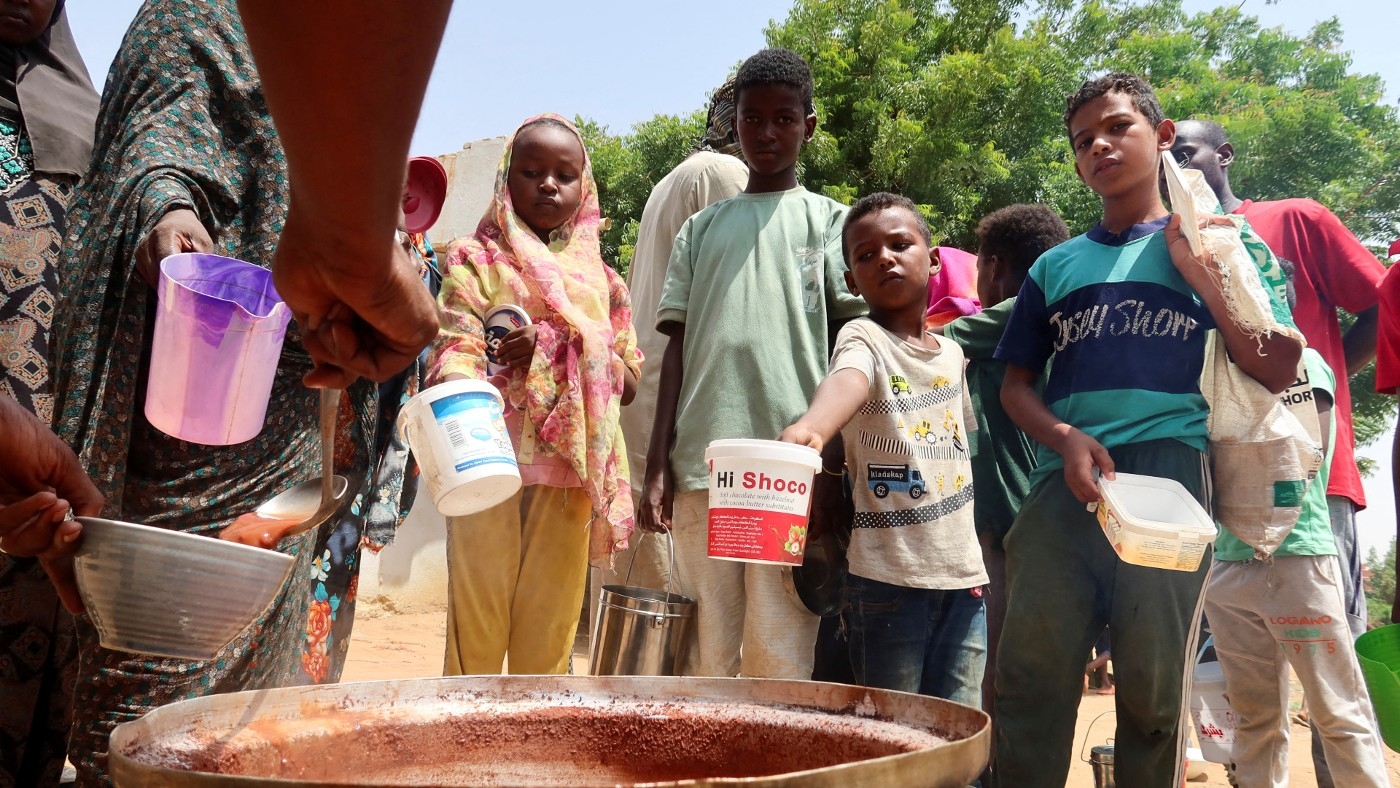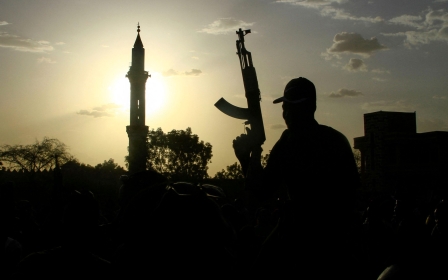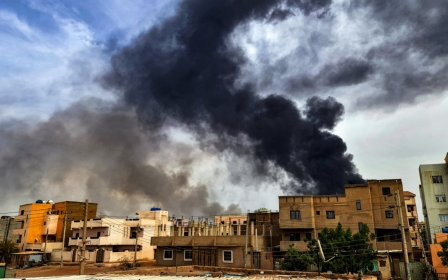Sudan: UN experts say warring parties using starvation as weapon of war

Both sides in Sudan’s ongoing war are using starvation as a weapon, a group of independent United Nations experts said on Wednesday.
The war between the Sudanese Armed Forces (SAF), led by Abdel Fattah al-Burhan and the Rapid Support Forces (RSF) paramilitary, led by Mohamed Hamdan Dagalo (Hemeti), began on 15 April last year and has left more than 25 million civilians hungry and in urgent need of aid.
“Both the SAF and the RSF are using food as a weapon and starving civilians,” the experts, including the UN’s special rapporteur on the right to food, said on Wednesday.
“The extent of hunger and displacement we see in Sudan today is unprecedented,” said the experts, who are appointed by the UN Human Rights Council but do not speak on behalf of the United Nations.
The group highlighted the ongoing siege of el-Fasher, the capital of North Darfur and the last city in the vast western region of Darfur not to be controlled by the RSF.
New MEE newsletter: Jerusalem Dispatch
Sign up to get the latest insights and analysis on Israel-Palestine, alongside Turkey Unpacked and other MEE newsletters
The RSF siege has left hundreds of thousands of civilians trapped and suffering from hunger and thirst due to a dire lack of food and water.
MEE has previously reported fears that el-Fasher could become “another Srebrenica”, with the captive local population at risk of being killed en masse by the RSF, which international groups have already found to have “committed genocide against non-Arab groups” in Darfur.
In a press statement, the experts demanded that both sides “stop blocking, looting and exploiting humanitarian assistance”.
Local efforts to respond to the crisis were being hampered not only by unprecedented violence but also by targeted attacks on responders, the experts said.
“The deliberate targeting of humanitarian workers and local volunteers has undermined aid operations, putting millions of people at further risk of starvation,” they stated.
The independent UN experts also asserted that “foreign governments providing financial and military support to both parties in the conflict are complicit in starvation, crimes against humanity and war crimes”.
The experts did not name the countries but called on the parties to the conflict to agree to an immediate ceasefire and to engage in inclusive political negotiations.
As previously reported by MEE, the United Arab Emirates is the principal patron of the RSF, supplying it via proxies in Libya, Chad, Uganda and the Central African Republic.
'Emergency' situations
On Thursday, a separate report from the Integrated Food Security Phase Classification (IPC), also cited by the UN, found that more than half of Sudan's population faces high levels of “acute food insecurity”.
“Fourteen months into the conflict, Sudan is facing the worst levels of acute food insecurity,” the report said.
The crisis reportedly affects “approximately 25.6 million people,” including 755,000 in famine conditions and an additional 8.5 million facing “emergency” situations.
The report highlighted “a stark and rapid deterioration of the food security situation” compared with the figures published in December, with a 45 percent increase in people facing high levels of acute food insecurity.
“The conflict has not only triggered mass displacement and disruption of supply routes... it has also severely limited access to essential humanitarian assistance, exacerbating an already dire situation,” the IPC said.
It further cited “highly dysfunctional health services, water contamination and poor sanitation and hygiene conditions”.
Middle East Eye delivers independent and unrivalled coverage and analysis of the Middle East, North Africa and beyond. To learn more about republishing this content and the associated fees, please fill out this form. More about MEE can be found here.





